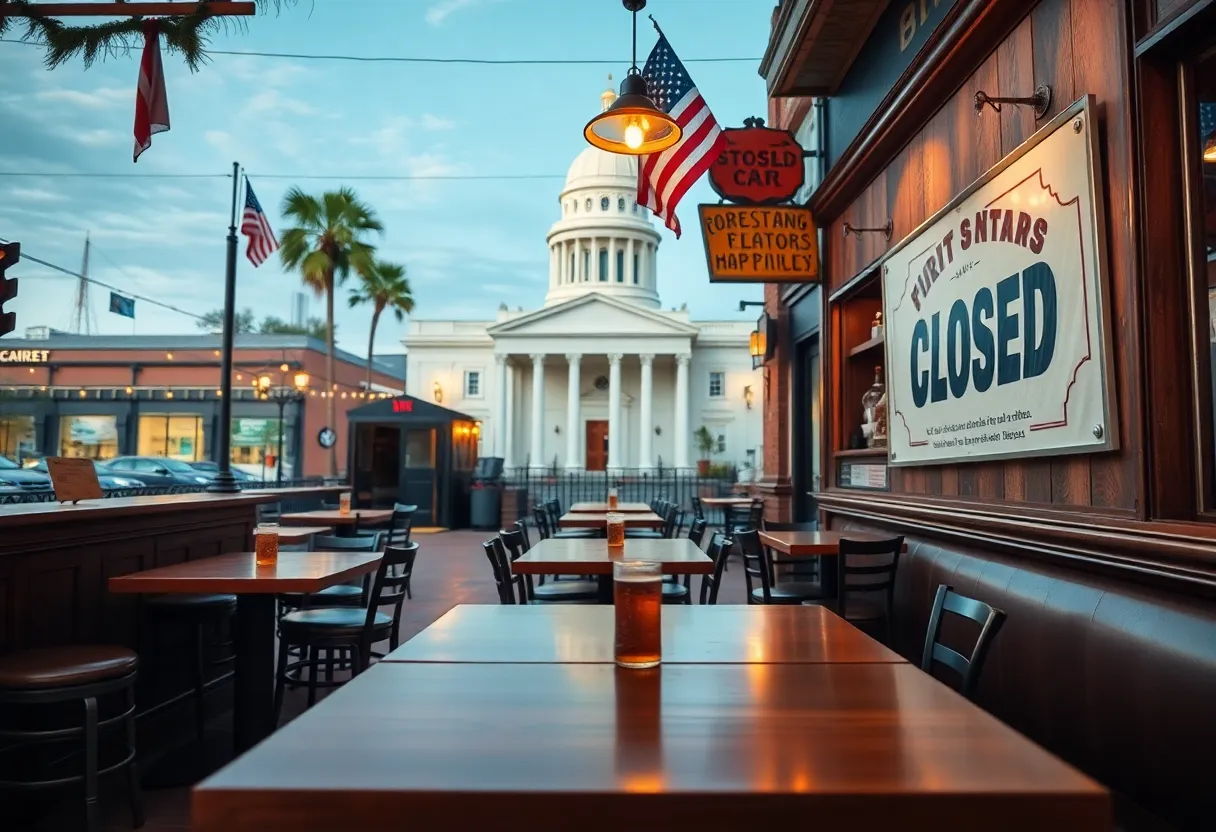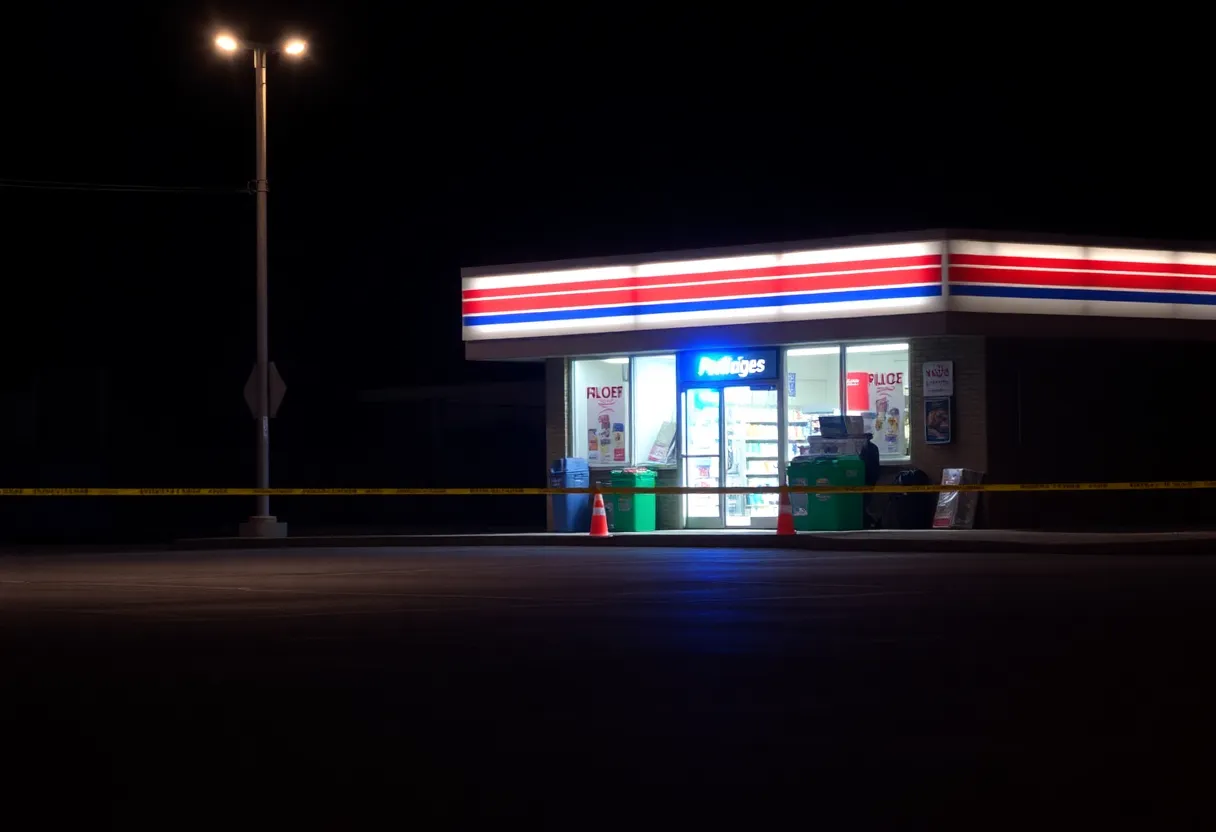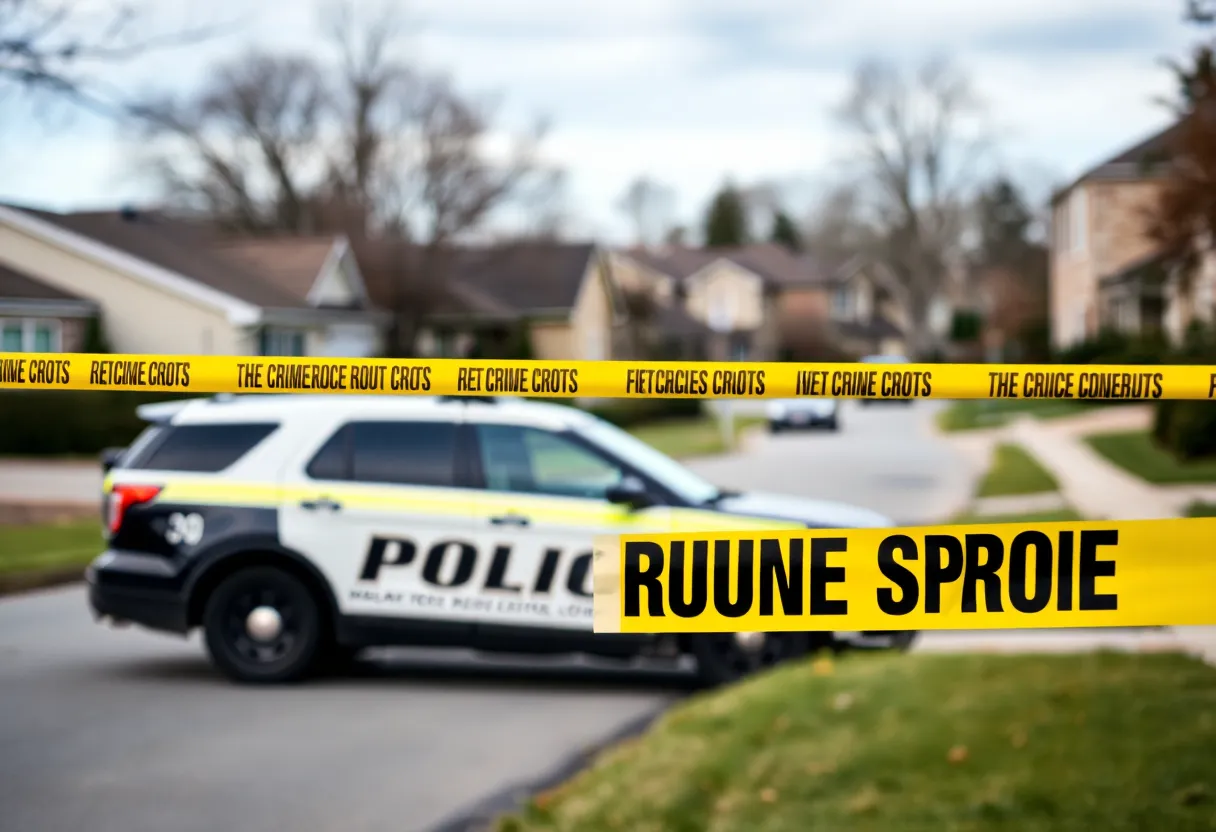News Summary
In response to soaring insurance premiums threatening local businesses, South Carolina lawmakers are considering revisions to the state’s liquor liability laws. Senator Ed Sutton is championing a proposal aimed at modifying liability calculations to create affordable insurance rates while maintaining compensation for victims of alcohol-related incidents. The drastic rise in insurance costs has forced some establishments, like The Brew Cellar, to close. As discussions continue, concerns about victim protections remain unresolved, highlighting the tension between supporting local businesses and ensuring public safety.
South Carolina lawmakers are considering significant revisions to the state’s liquor liability laws in an effort to address the alarming rise in insurance premiums that have forced numerous local businesses to shut down. Newly elected State Senator Ed Sutton is leading the charge for proposed legislation that seeks to modify how liability is calculated under these regulations. The aim is to create a more balanced approach that allows for affordable insurance rates while still ensuring necessary victim compensation from alcohol-related incidents.
Local business owners report that insurance premiums for liquor liability coverage have skyrocketed, with some seeing their costs double for the 2024 renewal period. This dramatic increase comes in the wake of a 2017 law requiring that all establishments serving alcohol maintain a minimum insurance policy of $1 million. Many small business owners have struggled to cope with these heightened financial burdens, resulting in some insurance companies even exiting the market in South Carolina altogether.
As a case in point, The Brew Cellar, a local establishment, is set to close its doors after 11 years of operation, directly owing its downfall to the financial strain imposed by the existing liquor liability law. This reflects a broader trend where owners are faced with the difficult decision of whether to renew expensive insurance policies or shut down their businesses entirely.
Senator Sutton’s proposal aims to amend the minimum liability policy requirement, potentially aiding new business owners who are currently challenged by steep premium costs. The newly proposed legislation is expected to be presented to the governor by May, although there are concerns that the timeline may not be sufficient to assist struggling local enterprises. The bill’s features include reducing the minimum insurance coverage mandated, which could allow smaller establishments to survive amid rising costs.
However, the proposed changes have drawn scrutiny from victim advocates who warn that altering the current liability laws could diminish protections for individuals harmed by drunk drivers. This has created a complex debate surrounding the balance of liability insurance costs and victim safety. Business owners argue that without changes, high insurance rates will disproportionately benefit large chain establishments, making it immensely challenging for smaller local businesses to thrive.
Members of the Senate are considering various factors, including the fairness of existing liability laws and the need to clarify definitions of terms like “visibly intoxicated.” Moreover, the overall state of tort reform is under evaluation, as a recent survey indicated that a majority of residents support proposed measures in this area. Among these measures is a requirement for plaintiffs to demonstrate that a business served an obviously intoxicated patron to hold them liable in drunk driving cases.
Current discussions encompass the lack of competition within the liquor liability insurance landscape, where only a handful of providers operate in the state, further magnifying the issue for local business owners. The ongoing pressures within the industry have brought to light the necessity for a more comprehensive review of DUI laws to address the core of liquor liability costs.
As South Carolina lawmakers work to introduce effective changes to liquor liability laws, they acknowledge the urgent need to maintain the state’s vibrant culinary scene. Business owners express concern that sustained high insurance costs could eventually lead to Charleston and other cities becoming dominated by larger chains, such as Applebee’s and Chili’s, at the expense of unique, local establishments that have contributed richly to the community.
The development of these proposed changes is still unfolding and holds significant implications for the future of local businesses across South Carolina. The coming months will be pivotal in determining how these discussions will shape the state’s liquor liability framework and support its small business owners.
Deeper Dive: News & Info About This Topic

Author: STAFF HERE FLORENCE WRITER
FLORENCE STAFF WRITER The FLORENCE STAFF WRITER represents the experienced team at HEREFlorence.com, your go-to source for actionable local news and information in Florence, Florence County, and beyond. Specializing in "news you can use," we cover essential topics like product reviews for personal and business needs, local business directories, politics, real estate trends, neighborhood insights, and state news affecting the area—with deep expertise drawn from years of dedicated reporting and strong community input, including local press releases and business updates. We deliver top reporting on high-value events such as the Florence Festival of Lights, Pee Dee Pride, and agricultural expos at the Florence Center. Our coverage extends to key organizations like the Florence Regional Chamber of Commerce and the Pee Dee Area Council of Governments, plus leading businesses in healthcare and retail that power the local economy such as McLeod Health and Pee Dee Electric Cooperative. As part of the broader HERE network, including HERECharleston.com, HEREColumbia.com, HEREGreenville.com, and HEREHiltonHead.com, we provide comprehensive, credible insights into South Carolina's dynamic landscape.





